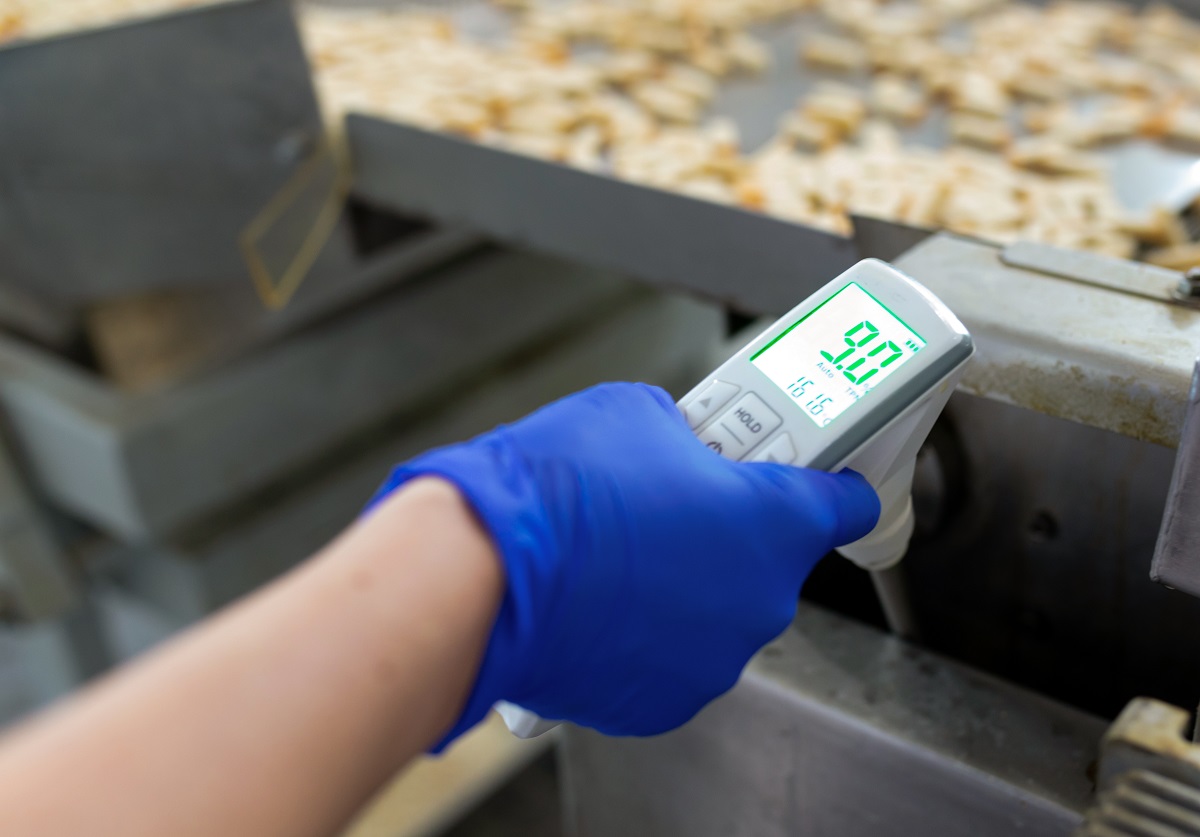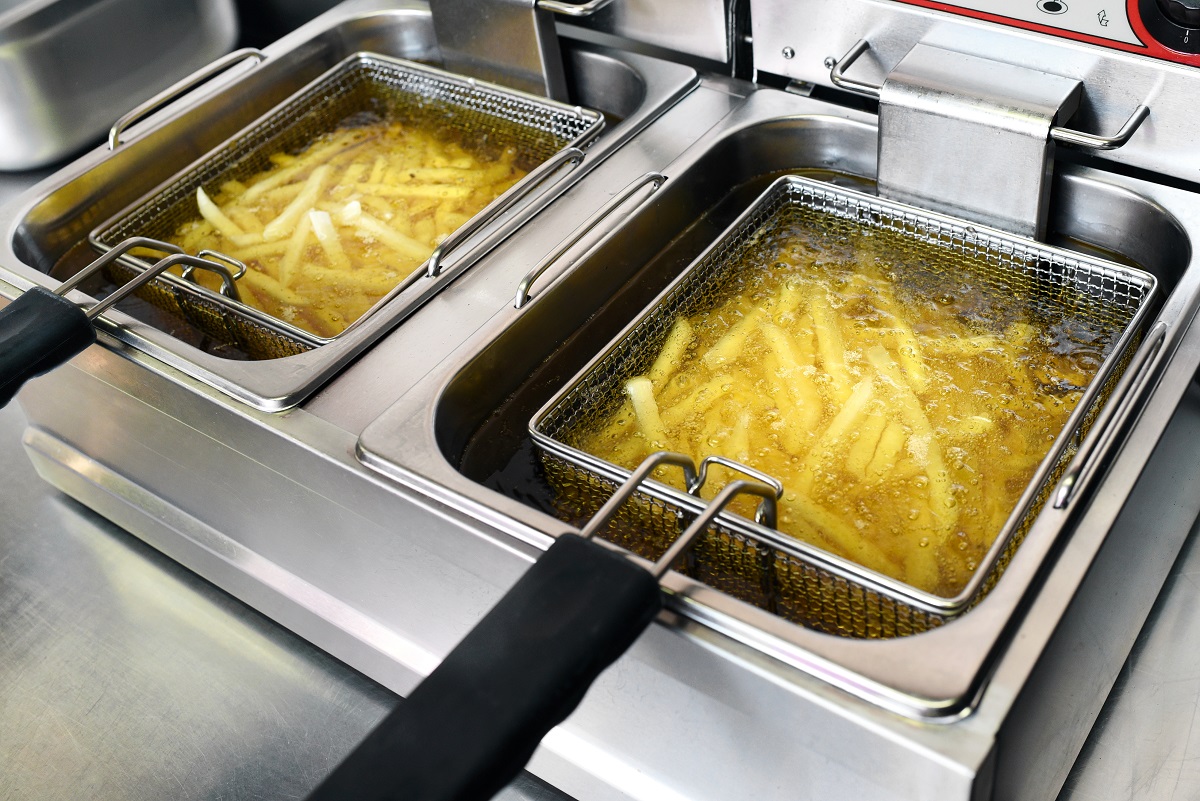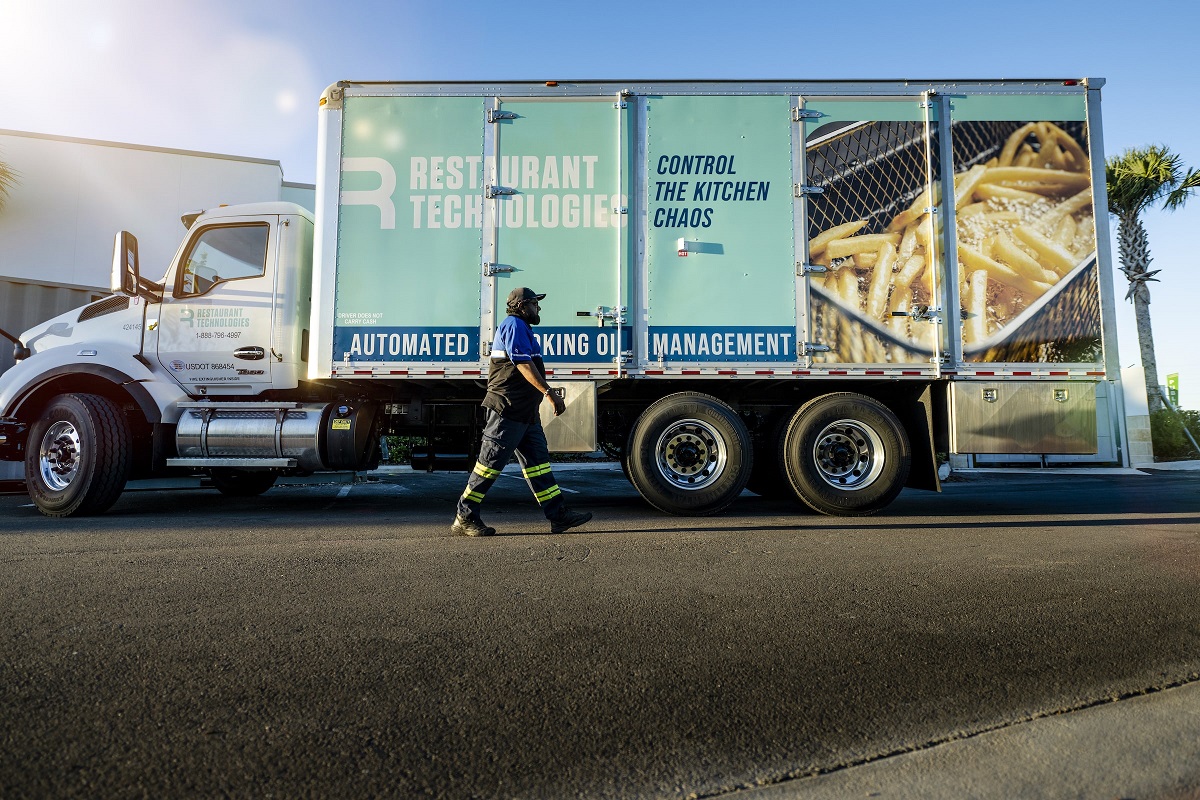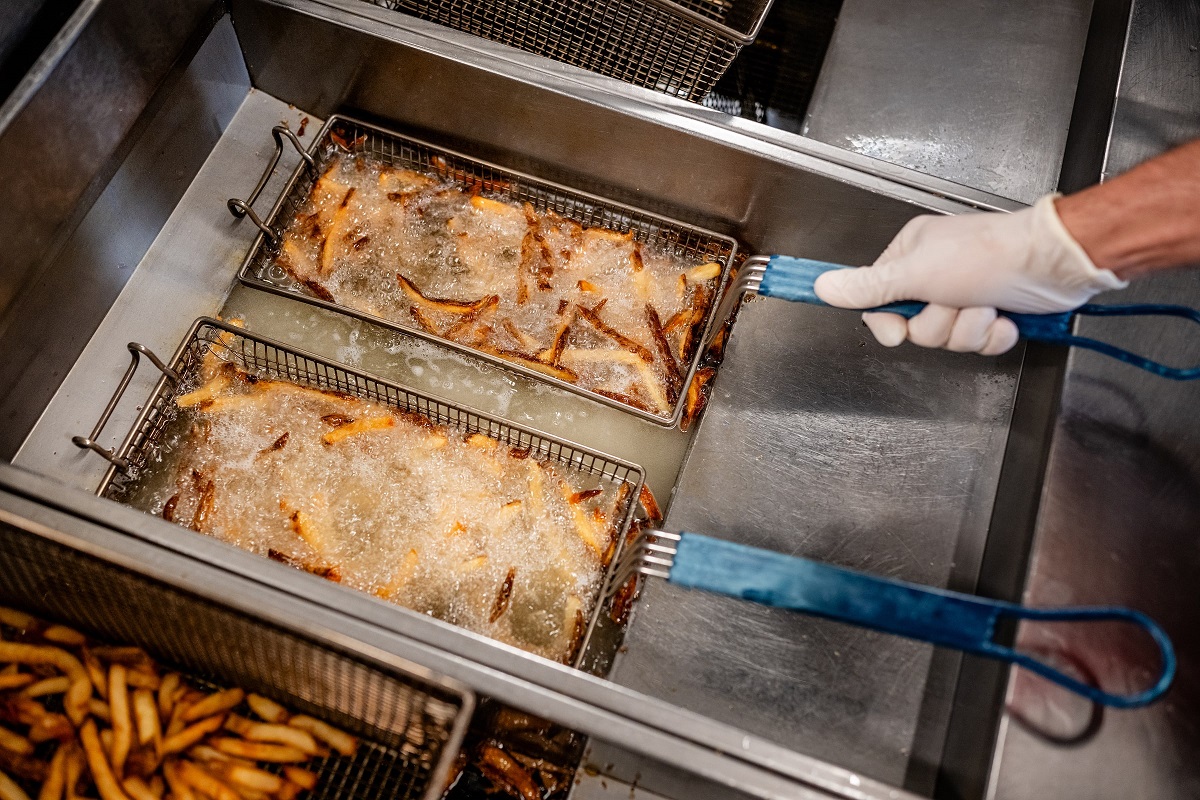Oil Recycling: How to find the hidden gold in your restaurant operation.
As featured in Retails & Restaurant Facility Business – Issue: November 2016 – View the complete article here
Many restaurants have sustainability goals aimed at reducing waste, energy and water use, like using energy-efficient equipment and recycling waste in presorted dumpsters. And according to the National Restaurant Association, an estimated 82% of restaurants participate in recycling and sustainability efforts.1
However, even more can be done to improve facility and business operations. Did you know that 95% of today’s restaurant food waste can also be recycled or composted?2 Common restaurant items such as biodegradable to go flatware and boxes, cups and lids, eggshells, fruit and vegetable waste, and coffee grounds and coffee filters are all compostable. . In fact, all restaurants are legally required to recycle their cooking oil. Used cooking oil presents a big oppAnother sustainability opportunity is to recycle used cooking oil, sometimes referred to as yellow grease.rtunity for sustainability improvements because of the large amounts produced by the typical quick-service restaurant (QSR):
- 35 pounds of used cooking oil per day, per restaurant 3
- 150 to 250 pounds of used cooking oil generated per week per restaurant 4
- 249,243,160 gallons of used cooking oil produced per year by all U.S. QSRs 5
Most restaurant operations let the oil cool down, store it in leak-proof containers and call a recycling center in the area for pickup or drop-off – not the most efficient or safe method. The oil can also be recycled through an automated oil management system, which significantly improves kitchen safety and efficiency by eliminating the need to transfer hot waste oil to and from storage locations, to the fryers and rendering tanks. This turnkey technology can reduce oil usage and oil spend, and lowers the amount of cardboard and plastic packaging overcrowding landfills.
HOT DEMAND
Many recycling centers want used cooking oil so they can convert it to animal feed or to a renewable fuel called bio diesel. Made from vegetable oils, fats or greases from oil-bearing plants, bio diesel can be used in place of petroleum-based fuel in diesel engines in cars or trucks made after 1996, without having to change the engine. It’s typically sold as a blend of biodiesel and petroleum based diesel fuel called B20.
When crude oil prices were high – going for $100 a barrel or more – restaurants could earn 50 cents per gallon for their used fryer oil.6 But now that crude oil is going for half of that, the prices have dropped. Still, recycling cooking oil has benefits, and bio diesel has its advantages as a fuel. According to the United States Environmental Protection Agency (U.S. EPA), biodiesel produced from used cooking oil results in an 86% reduction in greenhouse gases, compared to petro-diesel. It typically bums cleaner, does not produce carbon monoxide and helps communities reduce their carbon footprint. It has been tested by and passes the EPA’s Clean Air Health Effects testing requirements. And while it can’t single-handedly solve the world’s energy demands, it certainly helps by offsetting petroleum and reducing carbon emissions. For this reason, it is often used in commercial vehicles, such as buses and garbage trucks. Many businesses recycle
cooking oil for this very purpose. McDonald’s restaurants have been recycling used cooking oil in more than 10,000 locations since 1999. In the United Arab Emirates and in the United Kingdom, McDonald’s even operates its delivery trucks on bio diesel made from its recycled fryer oil.
A closed-loop oil management system makes it easy for restaurant facility managers to dispose of used cooking oil by picking it up when the company brings fresh oil. It then sells most of its used cooking oil to the Iowa-based Renewable Energy Group, one of the largest biodiesel producers in the world. Many oil management and oil recycling companies have program models that include rebates for used cooking oil.
SAVING THE PLANET, ONE CONTAINER AT A TIME
For restaurants, recycling used cooking oil can be a small cost saving measure. Not disposing of the cardboard and plastic containers that typically hold the oil reduces the number of trash pickups. In 2015 alone, we helped eliminate more than 10 million plastic and 10 million cardboard containers from landfills, saving 7.5 million cubic feet of landfill space through automated oil management solutions. Shake Shack avoided the disposal of 24,384 pounds of trash, the equivalent of what 124 dumpsters hold, simply by eliminating packaging from the manual oil management process.7
In addition to the opportunity for turning used cooking oil into biodiesel, there is another way that recycling this oil contributes to a greener environment: by keeping it out of the water supply. Although restaurants are required to recycle oil, employees short on time sometimes pour used oil down the kitchen drain, which clogs plumbing, blocks sewer lines and contaminates the water supply. Recycling the oil can prevent costly FOG fines and backups that often require a plumber to clear. Recycling used cooking oil is a great way to bolster your sustainability initiatives and support your company’s eco-minded values. Raise awareness of your actions by encouraging employees to share your sustainability story with customers. It’s one thing to jump on a trend; it’s quite another to lead by example.




